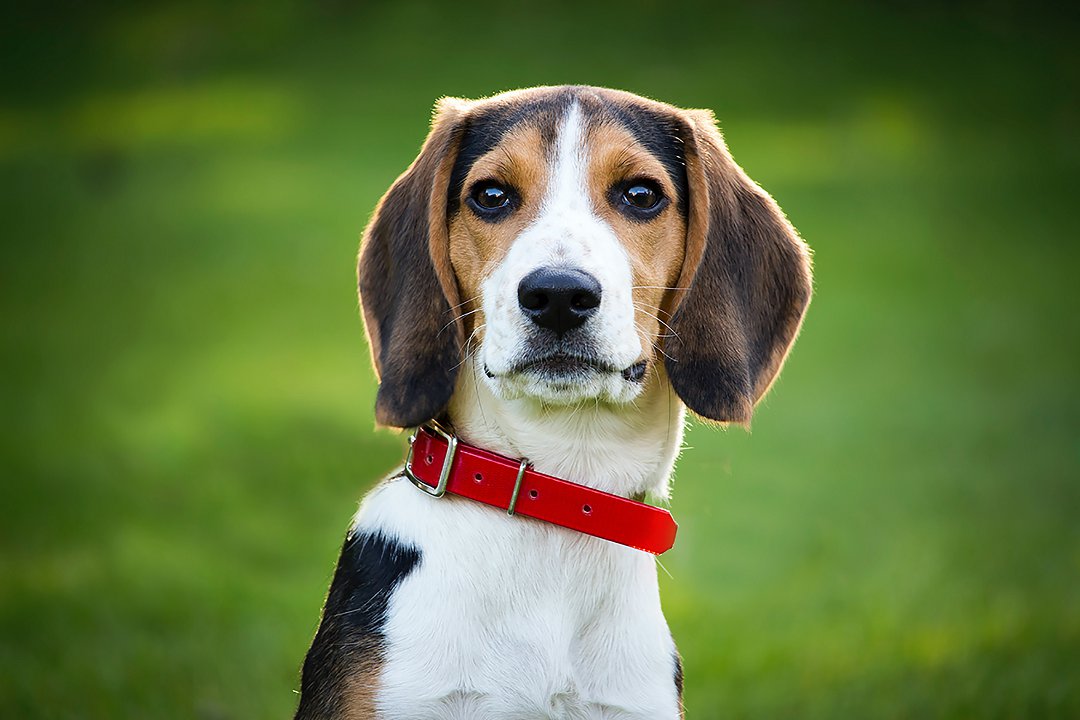Table of Contents
- 1 Introduction: Understanding the Howling Behavior of Beagles
- 2 Tips to Manage Beagle Howling When You Leave
- 3 Solutions for Beagle Owners: Dealing with Howling Separation Anxiety
- 4 FAQs About: Why Does My Beagle Howl When I Leave
- 4.1 Why does my beagle howl when I leave?
- 4.2 How can I manage my beagle’s howling when I leave?
- 4.3 What can I do to help my beagle with separation anxiety?
- 4.4 Can dog training help reduce my beagle’s howling when I leave?
- 4.5 Is my beagle howling a sign of loneliness?
- 4.6 How can I strengthen the bond with my beagle to reduce their howling?
Introduction: Understanding the Howling Behavior of Beagles
Have you ever wondered, “Why does my beagle howl when I leave?” If so, you’re not alone. Beagles are known for their vocal nature, and howling is one way they communicate their emotions. In this article, we will explore the reasons behind this behavior and provide tips and solutions to help you manage it.
When beagles howl when you leave, it is often a sign of separation anxiety. These lovable dogs are pack animals, and they form strong bonds with their owners. When you leave, they may feel a sense of loneliness and distress, leading to their howling. Understanding the root cause of this behavior is crucial in finding effective solutions. In the next section, we will discuss some practical tips to help manage your beagle’s howling when you leave.
Tips to Manage Beagle Howling When You Leave
When you leave your beagle alone, it is not uncommon for them to start howling. This behavior can be distressing for both the dog and the owner. However, there are several tips and strategies you can use to manage and reduce beagle howling when you leave.
1. Gradual Departures
One effective method to manage beagle howling is to gradually get your dog used to your departures. Start by leaving for short periods of time and gradually increase the duration. This will help your beagle understand that you will always come back and reduce their anxiety when you leave.
2. Create a Calm Environment
Before leaving, create a calm and soothing environment for your beagle. Play soft music or turn on a white noise machine to provide a sense of comfort and security. You can also leave a piece of clothing with your scent on it, as it can help alleviate separation anxiety.
3. Provide Mental Stimulation
Beagles are intelligent dogs that require mental stimulation to keep them occupied. Before you leave, provide your beagle with interactive toys or puzzle games that will keep them engaged and mentally stimulated. This can help distract them from the fact that you are leaving and reduce their howling.
4. Use Positive Reinforcement
Positive reinforcement is a powerful tool in dog training. When your beagle remains calm and doesn’t howl when you leave, reward them with treats or praise. This will reinforce the desired behavior and encourage them to remain calm in the future.
5. Consult a Professional
If your beagle’s howling persists despite your best efforts, it may be beneficial to consult a professional dog trainer or behaviorist. They can assess your dog’s behavior and provide personalized strategies to manage separation anxiety and reduce howling.
By implementing these tips and strategies, you can effectively manage and reduce beagle howling when you leave. Remember, consistency and patience are key when addressing separation anxiety in dogs. With time and effort, you can help your beagle feel more secure and comfortable when you are not around.
Now that you have learned some effective tips to manage beagle howling when you leave, the next section will provide solutions specifically tailored for beagle owners dealing with separation anxiety. These solutions will help address the underlying causes of howling and provide practical strategies to alleviate your beagle’s distress.
Solutions for Beagle Owners: Dealing with Howling Separation Anxiety
Separation anxiety is a common issue among beagles and can lead to excessive howling when their owners leave. Understanding the reasons behind this behavior is crucial in finding effective solutions to help your furry friend cope with their anxiety. Here are some strategies to consider:
1. Gradual desensitization
- Start by leaving your beagle alone for short periods of time and gradually increase the duration as they become more comfortable.
- Use positive reinforcement techniques, such as treats or toys, to create positive associations with being alone.
- Practice leaving and returning multiple times throughout the day to help your beagle understand that you will always come back.
2. Provide mental and physical stimulation
- Engage your beagle in stimulating activities, such as puzzle toys or interactive games, to keep their mind occupied and prevent boredom.
- Ensure your beagle gets enough exercise by taking them for regular walks or engaging in play sessions. A tired beagle is less likely to exhibit anxious behaviors.
3. Create a safe and comfortable environment
- Designate a specific area in your home where your beagle feels secure and comfortable. This could be a crate or a cozy corner with their bed and toys.
- Use pheromone diffusers or calming sprays to create a soothing atmosphere in their designated space.
- Leave a piece of clothing with your scent on it to provide a sense of familiarity and comfort.
4. Seek professional help if needed
- If your beagle’s separation anxiety persists despite your efforts, consider consulting a professional dog trainer or behaviorist.
- They can assess your dog’s specific needs and provide tailored strategies to address the separation anxiety effectively.
Remember, each beagle is unique, and it may take time to find the right solution for your furry friend. Be patient and consistent in your approach, and always provide love and reassurance to help them feel secure. With time and proper training, you can help your beagle overcome their separation anxiety and reduce excessive howling when you leave.
FAQs About: Why Does My Beagle Howl When I Leave
Why does my beagle howl when I leave?
Beagles are known for their vocal nature and strong pack instincts. When you leave, your beagle may howl as a way of expressing their anxiety, loneliness, or distress due to separation.
How can I manage my beagle’s howling when I leave?
To manage your beagle’s howling when you leave, you can try providing them with interactive toys or puzzles, using calming techniques like leaving a radio or TV on, gradually desensitizing them to your departures, and ensuring they have plenty of exercise and mental stimulation before you leave.
What can I do to help my beagle with separation anxiety?
To help your beagle with separation anxiety, establish a consistent routine, practice short departures and gradually increase the time, provide a comfortable and safe space for them, consider using anxiety-reducing aids like pheromone diffusers or calming supplements, and consult with a professional dog trainer or behaviorist for personalized guidance.
Can dog training help reduce my beagle’s howling when I leave?
Yes, dog training can be beneficial in reducing your beagle’s howling when you leave. Training techniques such as teaching them a “quiet” command, rewarding calm behavior, and practicing positive reinforcement can help redirect their attention and manage their anxiety.
Is my beagle howling a sign of loneliness?
Yes, beagle howling when you leave can be a sign of loneliness. Beagles are social dogs that thrive on companionship, so they may vocalize their distress when they feel lonely or isolated.
How can I strengthen the bond with my beagle to reduce their howling?
To strengthen the bond with your beagle and potentially reduce their howling, spend quality time together engaging in activities they enjoy, such as daily walks, play sessions, and training exercises. Providing them with mental stimulation, affection, and reassurance can help alleviate their anxiety and create a stronger bond between you and your beagle.






Leave a Reply